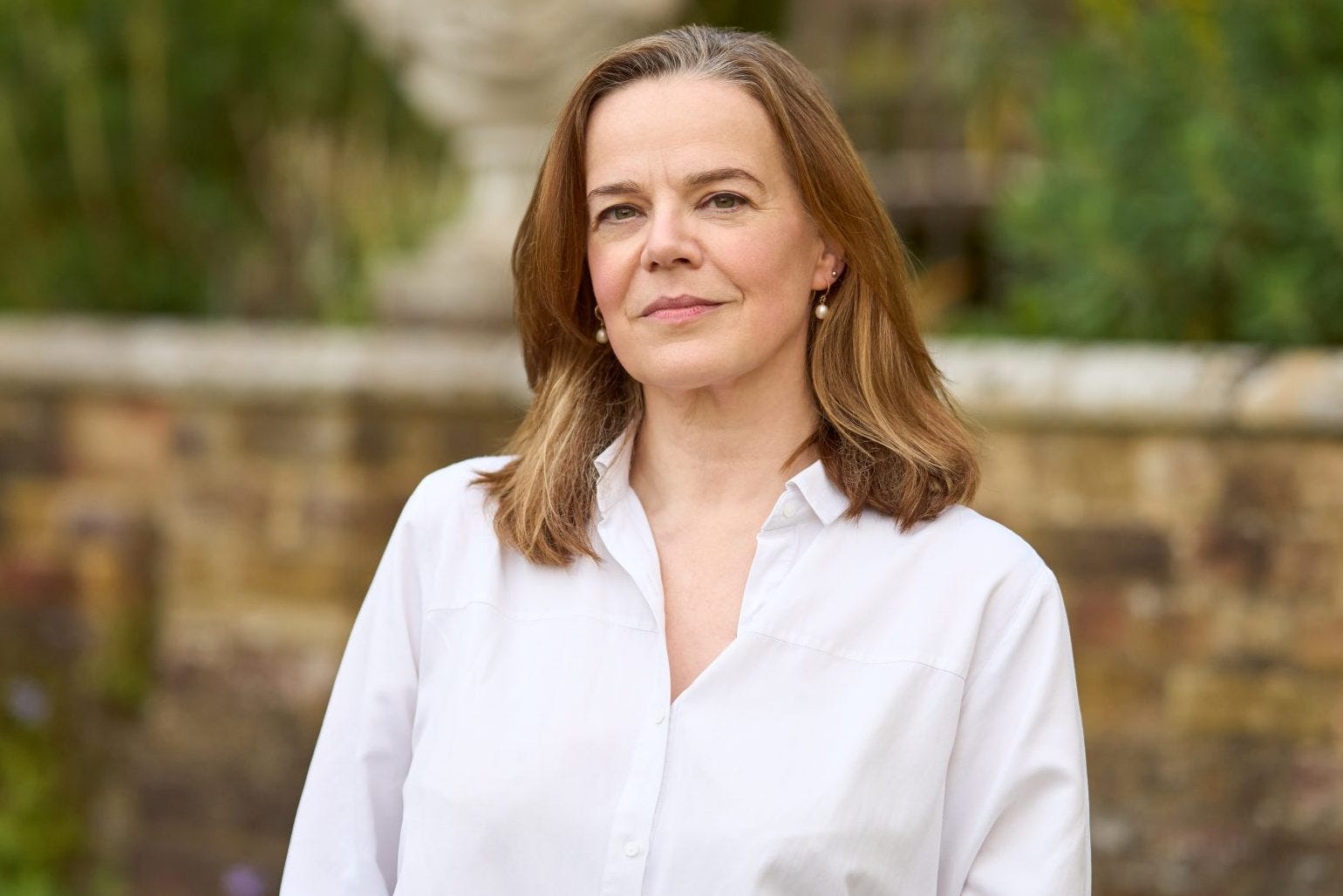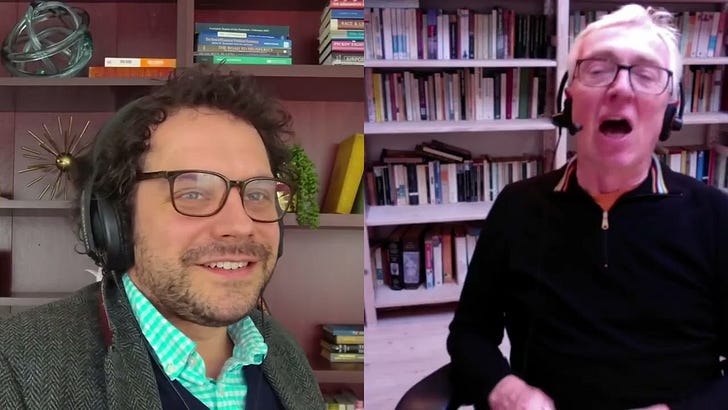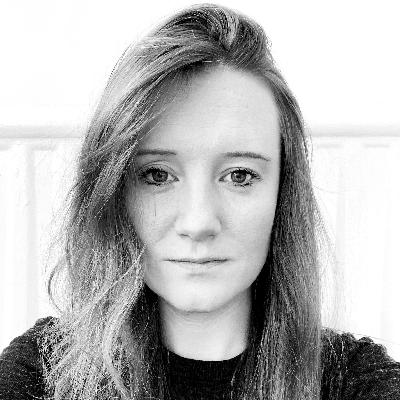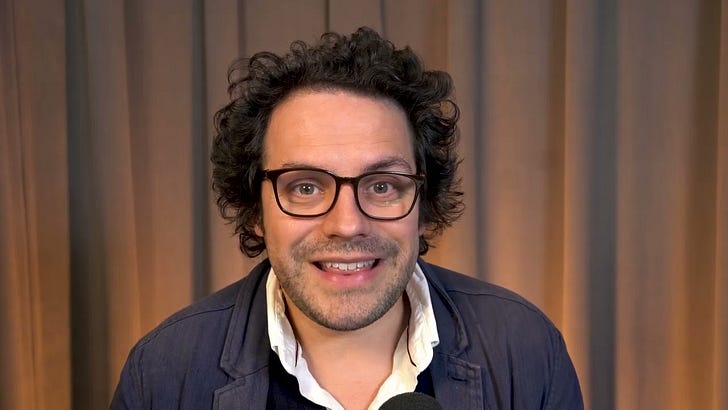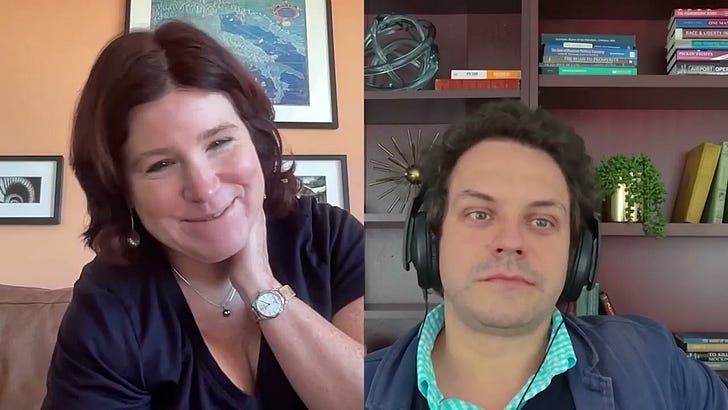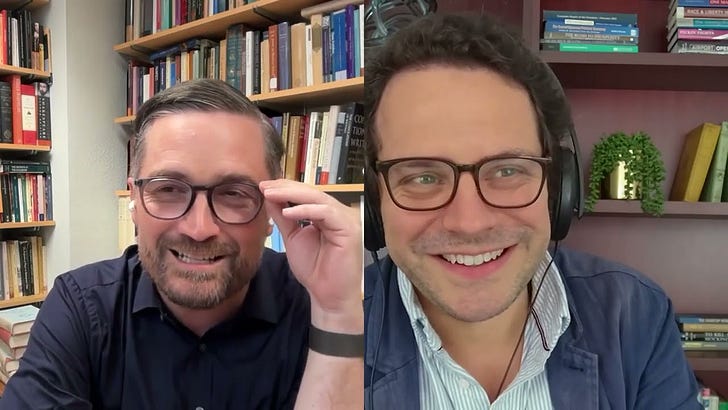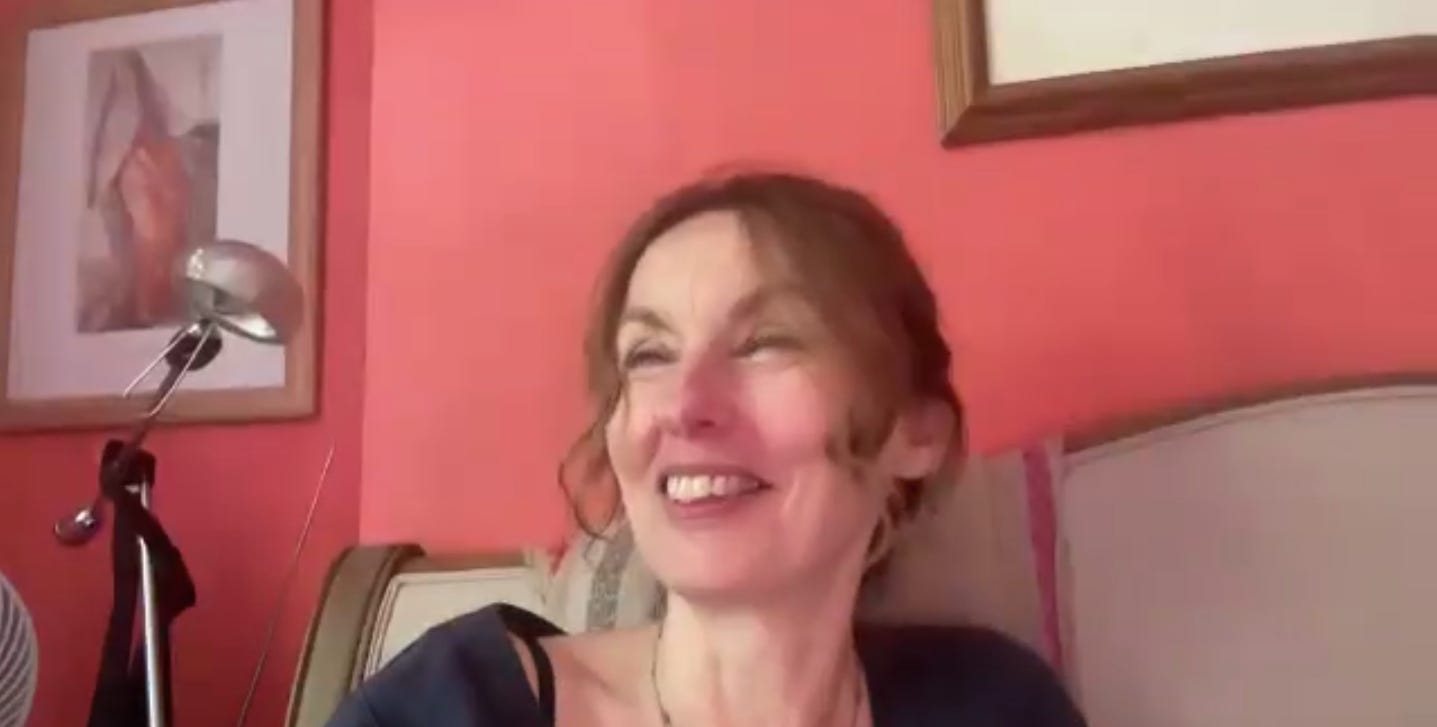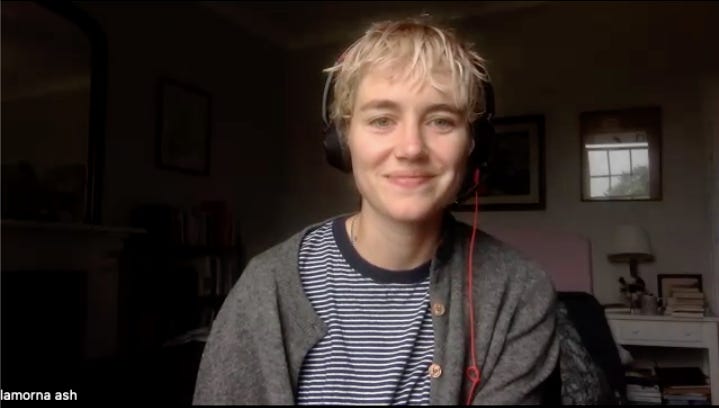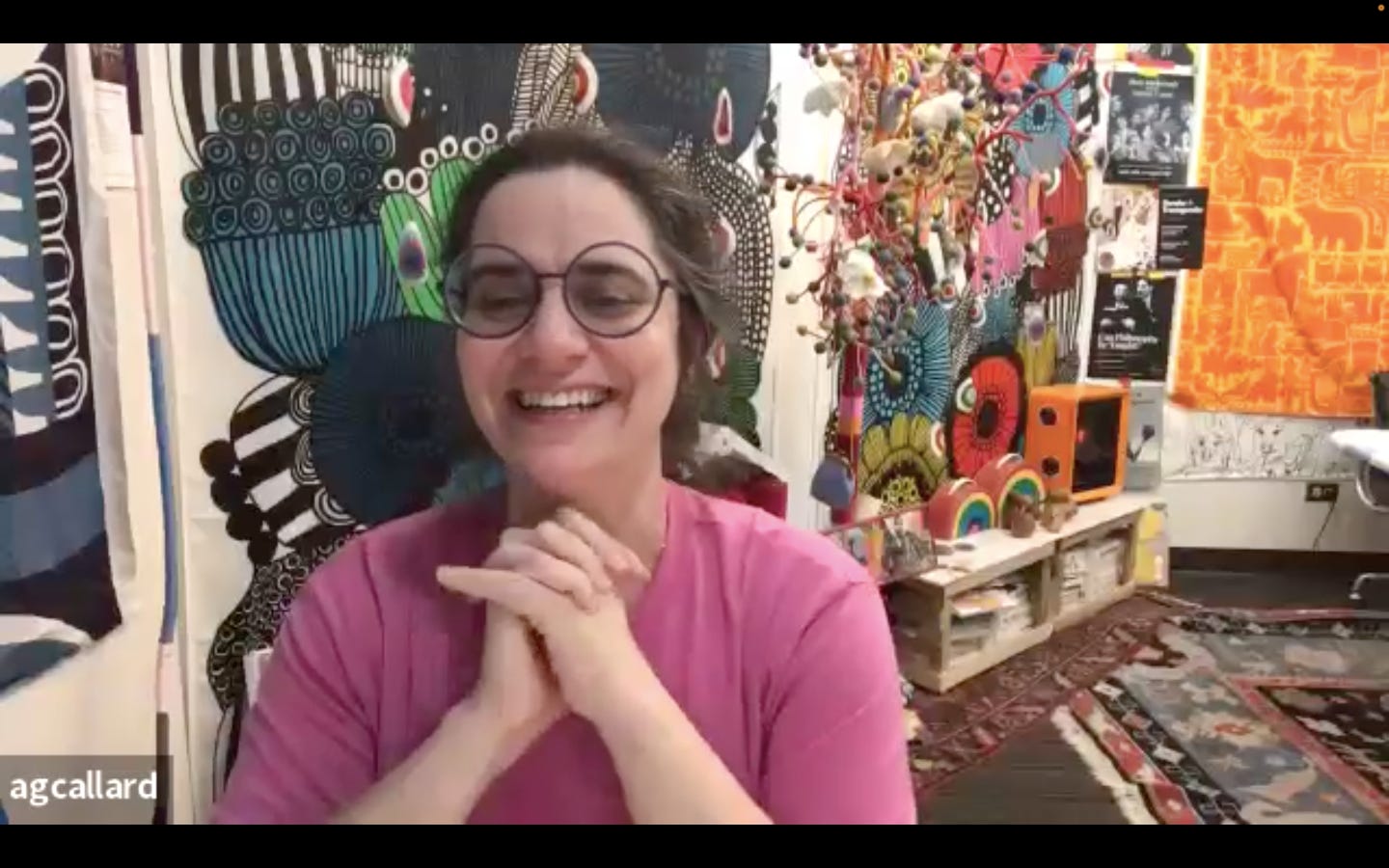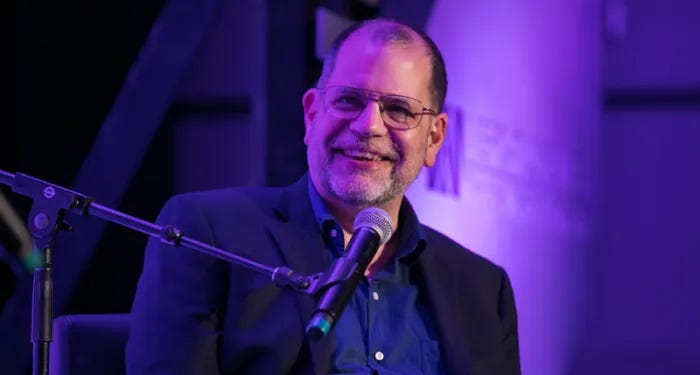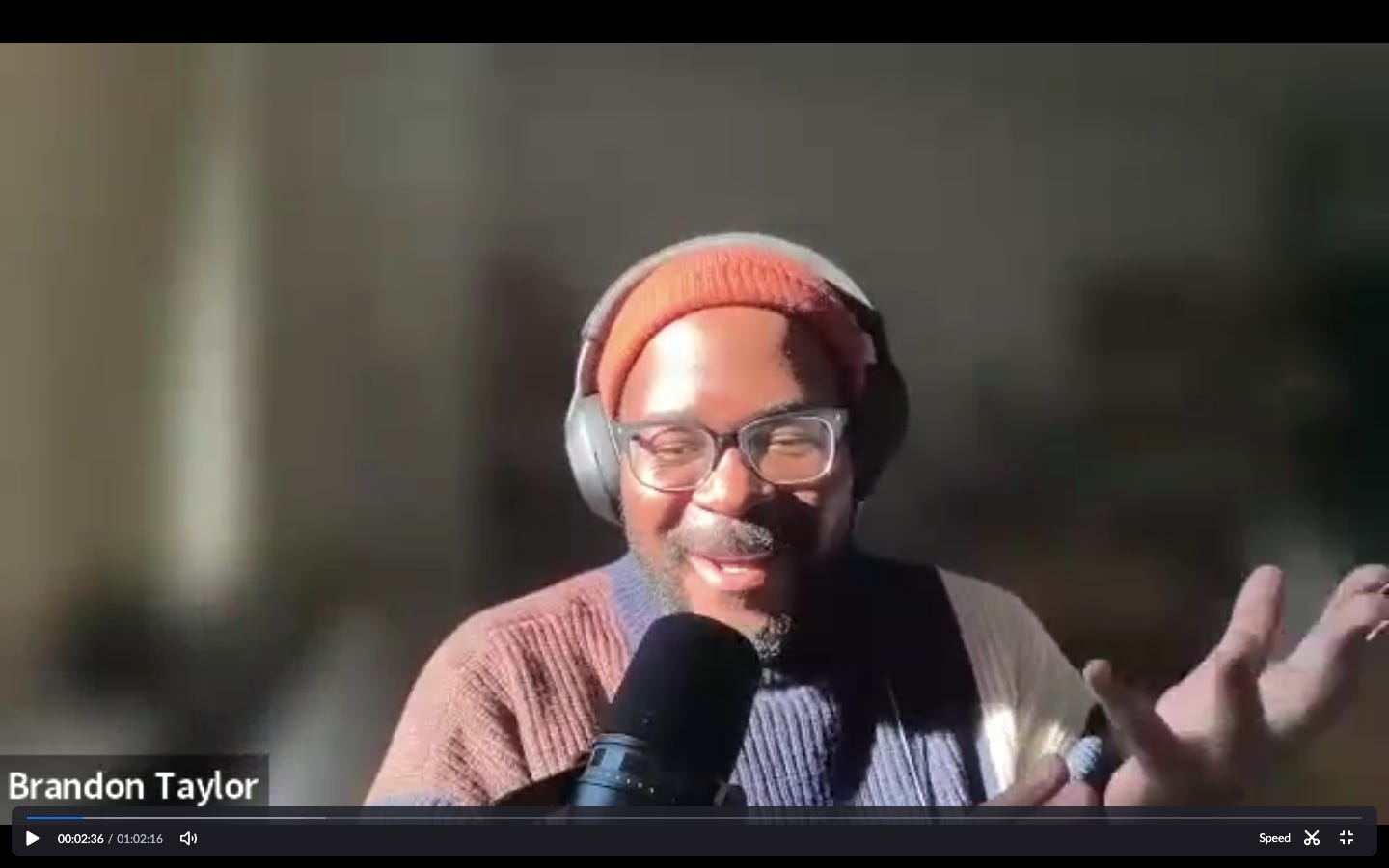Helen Castor: imagining life in the fourteenth century.
Description
I was delighted to talk to the historian Helen Castor (who writes The H Files by Helen Castor) about her new book The Eagle and the Hart. I found that book compulsive, and this is one of my favourite interviews so far. We covered so much: Dickens, Melville, Diana Wynne Jones, Hilary Mantel, whether Edward III is to blame for the Wars of the Roses, why Bolingbroke did the right thing, the Paston Letters, whether we should dig up old tombs for research, leaving academia, Elizabeth I, and, of course, lots of Shakespeare. There is a full transcript below.
Henry: Is there anything that we fundamentally know about this episode in history that Shakespeare didn't know?
Helen: That's an extremely good question, and I'm tempted now to say no.
Helen told me what is hardest to imagine about life in the fourteenth century.
I think it's relatively easy to imagine a small community or even a city, because we can imagine lots of human beings together, but how relationships between human beings happen at a distance, not just in terms of writing a letter to someone you know, but how a very effective power structure happens across hundreds of miles in the absence of those things is the thing that has always absolutely fascinated me about the late Middle Ages. I think that's because it's hard, for me at least, to imagine.
Good news to any publishers reading this. Helen is ready and willing to produce a complete edition of the Paston Letters. They were a bestseller when they were published a hundred years ago, but we are crying out for a complete edition in modern English.
Henry: If someone wants to read the Paston Letters, but they don't want to read Middle English, weird spelling, et cetera, is there a good edition that they can use?
Helen: Yes, there is an Oxford World's Classic. They're all selected. There isn't a complete edition in modern spelling. If any publishers are listening, I would love to do one.
Henry: Yes, let's have it.
Helen: Let's have it. I would really, really love to do that.
Full Transcript
Henry: Today I am talking to the historian, Helen Castor. Helen is a former fellow of Sydney Sussex College in Cambridge. She has written several books of history. She is now a public historian, and of course, she has a Substack. The H Files by Helen Castor
We are going to talk mostly about her book, The Eagle and the Hart, which is all about Richard II and Henry IV. I found this book compulsive, so I hope you will read it too. Helen, welcome.
Helen: Thank you very much for having me, Henry.
Henry: You recently read Bleak House.
Helen: I did.
Henry: What did you think?
Helen: I absolutely loved it. It was a long time since I'd read any Dickens. I read quite a lot when I was young. I read quite a lot of everything when I was young and have fallen off that reader's perch, much to my shame. The first page, that description of the London fog, the London courts, and I thought, "Why have I not been doing it for all these years?"
Then I remembered, as so often with Dickens, the bits I love and the bits I'm less fond of, the sentimentality, the grotesquerie I'm less fond of, but the humour and the writing. There was one bit that I have not been able to read then or any of the times I've tried since without physically sobbing. It's a long time since a book has done that to me. I don't want to spoil it for anyone who hasn't read it, but--
Henry: I'm sure I know what you mean. That's quite a sentimental passage.
Helen: It is, but not sentimental in the way that I find myself objecting to. I think I really respond viscerally to this sentimentalising of some of his young women characters. I find that really off-putting, but I think now I'm a parent, and particularly I'm a parent of a boy [laughter]. I think it's that sense of a child being completely alone with no one to look after them, and then finding some people, but too late for a happy ending.
Henry: Too late.
Helen: Yes.
Henry: You've been reading other classic novels, I think, Moby Dick?
Helen: I'm in the middle of Moby Dick as we speak. I'm going very slowly, partly because I'm trying to savour every sentence. I love the sentence so much as a form. Melville is just astonishing, and also very, very funny in a way I hadn't expected to keep laughing out loud, sometimes because there is such humour in a sentence.
Sometimes I'm just laughing because the sentence itself seems to have such audacity and that willingness to go places with sentences that sometimes I feel we've lost in the sort of sense of rules-based sentences instead of just sticking a semicolon and keep going. Why not, because it's so gorgeous and full of the joy of language at that point? Anyway, I'm ranting now, but--
Henry: No, I think a lot of rules were instituted in the early 20th century that said you can and cannot do all these things, and writers before that point had not often followed those rules. I think what it has led to is that writers now, they can't really control a long sentence, in the sense that Melville and Dickens will do a long sentence, and it is a syntactically coherent thing, even though it's 60, 70 longer words. It's not just lots of stuff, and then, and then. The whole thing has got a beautiful structure that makes sense as a unit. That's just not obvious in a lot of writing now.
Helen: I think that's exactly right. Partly, I've been reading some of the Melville out loud, and having just got onto the classification of whales, you can see I'm going very slowly. Those sentences, which are so long, but it's exactly that. If you read them out loud, and you follow the sense, and the punctuation, however irregular it might be in modern terms, gives you the breathing, you just flow on it, and the excitement of that, even or perhaps especially when one is talking about the classification of whales. Just joyful.
Henry: Will we be seeing more very long sentences in your next book?
Helen: I think I have to get a bit better at it. The habit that I was conscious of anyway, but became acutely so when I had to read my own audiobook for the first time is that I think I write in a very visual way. That is how I read because mostly it's silent.
I discovered or rediscovered that often what I do when I want to write a very long sentence is I start the sentence and then I put a diversion or extra information within em dashes in the middle of the sentence. That works on the page because you can see spatially. I love that way of reading, I love seeing words in space.
A lot of different kinds of text, both prose and poetry, I read in space like that. If you're reading to be heard, then the difficulty of breaking into a sentence with, whether it's brackets or em dashes or whatever, and then rejoining the sentence further down has its own challenges. Perhaps I ought to try and do less of that and experiment more with a Melvillian Dickensian onward flow. I don't know what my editor will think.
Henry: What has brought you back to reading novels like this?
Helen: I was wondering that this morning, actually, because I'm very aware having joined Substack, and of course, your Substack is one of the ones that is leading me further in this direction, very inspiringly, is discovering that lots of other people are reading and reading long novels now too. It reminded me of that thing that anyone with children will know that you have a baby and you call it something that you think only you have thought of, and then four years later, you call and you discover half the class is called that name. You wonder what was in the water that led everybody in that direction.
I've just seen someone tweet this morning about how inspired they are by the builder next door who, on the scaffolding, is blasting the audiobook Middlemarch to the whole neighborhood.
Henry: Oh my god. Amazing.
Helen: It's really happening. Insofar as I can work out what led me as opposed to following a group, which clearly I am in some sense, I think the world at the moment is so disquieting, and depressing, and unnerving, that I think for me, there was a wish to escape into another world and another world that would be very immersive, not removed from this world completely. One that is very recognizably human.
I think when I was younger, when I was in my teens and 20s, I loved reading science fiction and fantasy before it was such a genre as it is now. I'm a huge fan of Diana Wynne Jones and people like that.
Henry: Oh, my god, same. Which one is your favorite?
Helen: Oh, that is an impossible question to answer, partly because I want to go back and read a lot of them. Actually, I've got something next to me, just to get some obscurity points. I want to go back to Everard's Ride because there is a story in here that is based on the King's s

